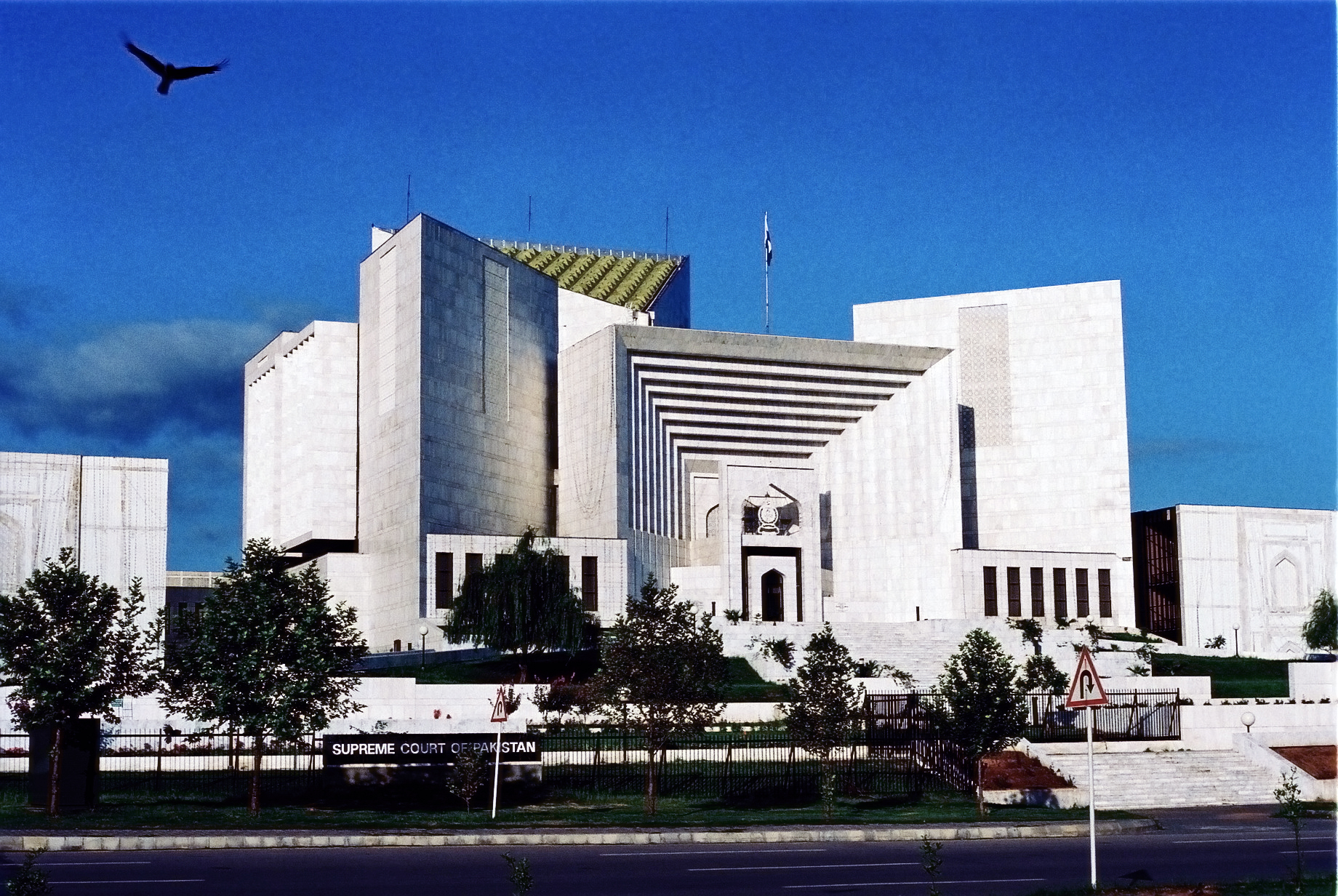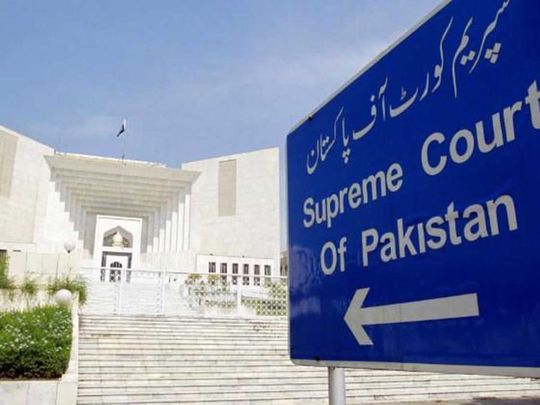A larger bench of the Supreme Court of Pakistan Thursday barred the FIA prosecution branch from withdrawing any cases and ordered that no transfers or postings be made in the agency until further order by the top court.The court demanded an explanation of past transfers and postings and changes in the NAB and FIA.
The apex court started hearing on the issue of ‘perceived interference’ from the current government into the prosecution of high profile cases involving ‘persons of authority’ after Chief Justice of Pakistan Justice Umar Ata Bandial took suo moto notice a day earlier.
The bench headed by Chief Justice Bandial and comprising Justice Ijazul Ahsan, Justice Munib Akhtar, Justice Sayyed Mazahar Ali Akbar Naqvi and Justice Mohammad Ali Mazhar met at around 1pm.
The court issued notices to the NAB chairman, FIA director-general, and interior secretary, demanding an explanation about interference in prosecution.
The court also issued notices to provincial prosecutor generals, attorney generals, FIA’s prosecution head, and FIA director legal, ordering them to submit individual responses.
At the beginning of the hearing, Chief Justice Bandial raised questions about the transfer of FIA DG Sanaullah Abbasi and FIA Lahore chief Dr Rizwan, who later died.
The judge said that Abbasi is a reputable officer who performed well in the Khyber Pakhtunkhwa province and apparently there was no reason for transferring him out of FIA.
He said that Dr Rizwan, too, was a competent officer and he was transferred and later died of cardiac arrest.
The top judge expressed concerns on all these issues and said prima facie it amounted to interference in the criminal justice system.
The chief justice said that newspaper clippings indicated that thousands of names were removed from the Exit Control List (ECL) and at least 3,000 people benefitted after the ECL rules were modified.
The chief justice said that the suo moto proceedings were not aimed at embarrassing or accusing someone and instead they were meant to safeguard the rule of law and protection of the criminal justice system.


